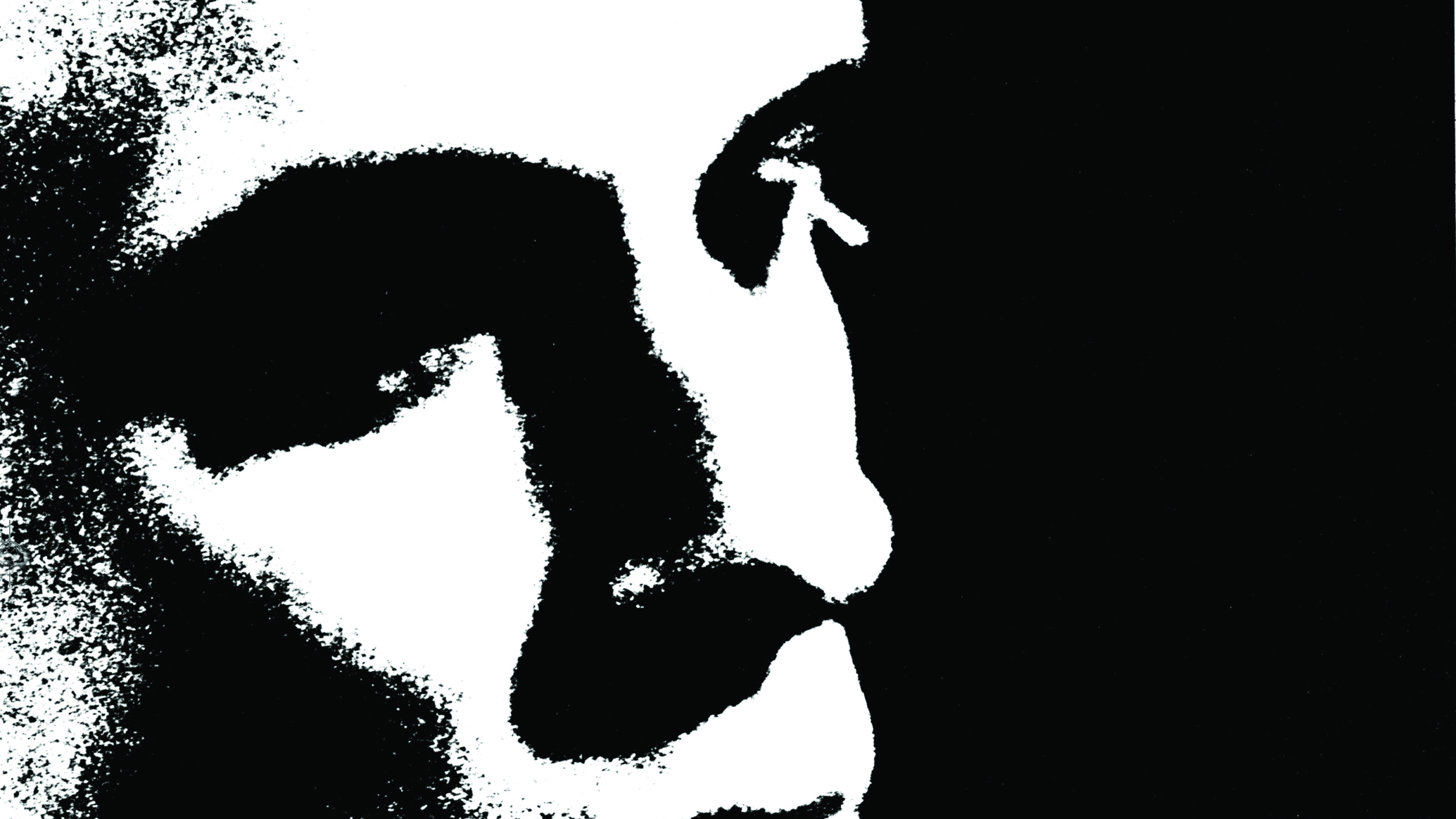You can trust Louder
Even amid the explosion of otherworldly glam that characterised the summer of 1972, Eno stood out. Yet while he was one of only two people you weren’t entirely convinced hadn’t beamed in ‘on a wave of phase’ from another planet, it was always hard to fathom what it was he actually did in Roxy Music. Outwardly he looked fabulous and waggled a joystick. Not much, but more than enough for most of us to prefer him to Bryan Ferry.
Contemporary reports suggested Ferry addressed Eno’s burgeoning popularity in much the same way the Wicked Queen dealt with Snow White, but it was actually Eno’s decision to quit Roxy. The split left even his staunchest leopard-skin-bedazzled supporters worried for his future. After all, fabulousness aside, you didn’t see many solo joystick manipulators waggling to packed houses at The Rainbow.
Nobody expected what happened next. Eno disappeared for a brief spell, before returning with a series of surprisingly accurate visions of the future. 1974’s Here Come The Warm Jets (9⁄10), its title a thinly veiled reference to the sort of water sport for which a lifebelt isn’t always necessary, was a revelation. Revisited now, all remastered and glossy, it dazzles at every turn. It casually outperforms contemporary peaking Roxy for ingenuity and influence, and still retains relevance. With a host of visionaries aboard – guitarists Spedding, Manzanera and Fripp, bassists Wetton, Busta Jones and Paul Rudolf – this pan-generic, multi-faceted precursor to everything from ambient soundscapes through gritty punk to spikily angular art rock was meticulously produced and post-produced by Eno himself to flawless perfection.
Ten months on, Taking Tiger Mountain (By Strategy) (9⁄10), although stripped of shock value by a modicum of familiarity, is arguably even better. Eno’s finely tooled, evocative lyrics and incomparably playful vocal (quintessentially English in a way that didn’t reek of musty hymn books) renders each selection – realised largely by a five-piece core band featuring Robert Wyatt on drums – essential. Two years later, Another Green World (7⁄10) though brilliant by any standards, feels like this litter’s runt, a funk and ambient-fuelled experiment, its material accessible and engaging but its promise fully realised only on ’77 masterpiece Before And After Science (9⁄10). There’s nothing wrong here. With Krautrock (Roedelius, Moebius, Jaki Liebezeit) and Talking Heads (Kings Lead Hat) added to its melting pot and Fripp at full-tilt, it occasionally reaches greater heights than even Bowie’s Low.
Sign up below to get the latest from Classic Rock, plus exclusive special offers, direct to your inbox!

Classic Rock’s Reviews Editor for the last 20 years, Ian stapled his first fanzine in 1977. Since misspending his youth by way of ‘research’ his work has also appeared in such publications as Metal Hammer, Prog, NME, Uncut, Kerrang!, VOX, The Face, The Guardian, Total Guitar, Guitarist, Electronic Sound, Record Collector and across the internet. Permanently buried under mountains of recorded media, ears ringing from a lifetime of gigs, he enjoys nothing more than recreationally throttling a guitar and following a baptism of punk fire has played in bands for 45 years, releasing recordings via Esoteric Antenna and Cleopatra Records.

